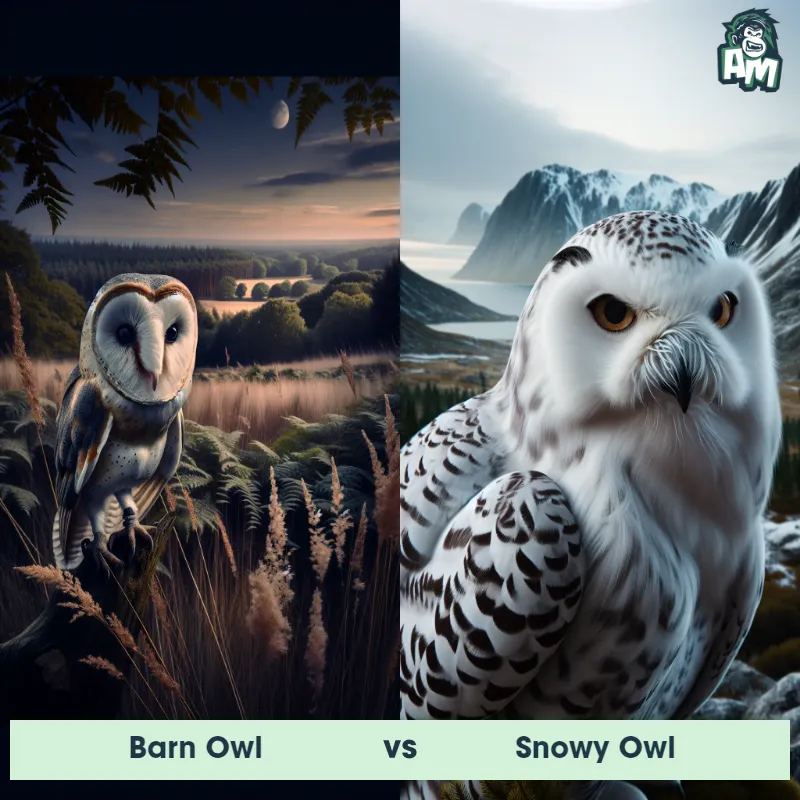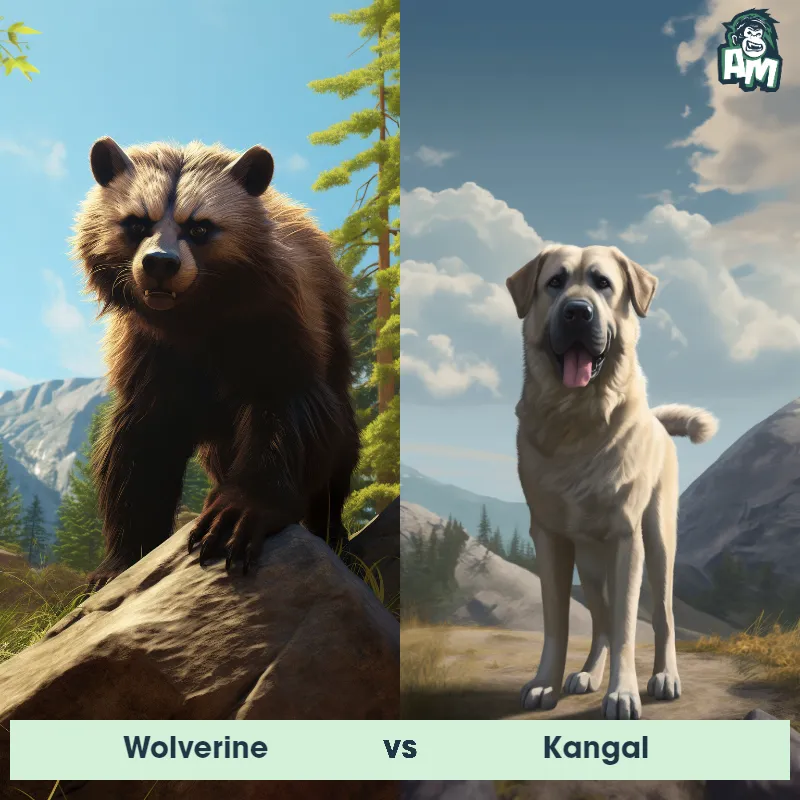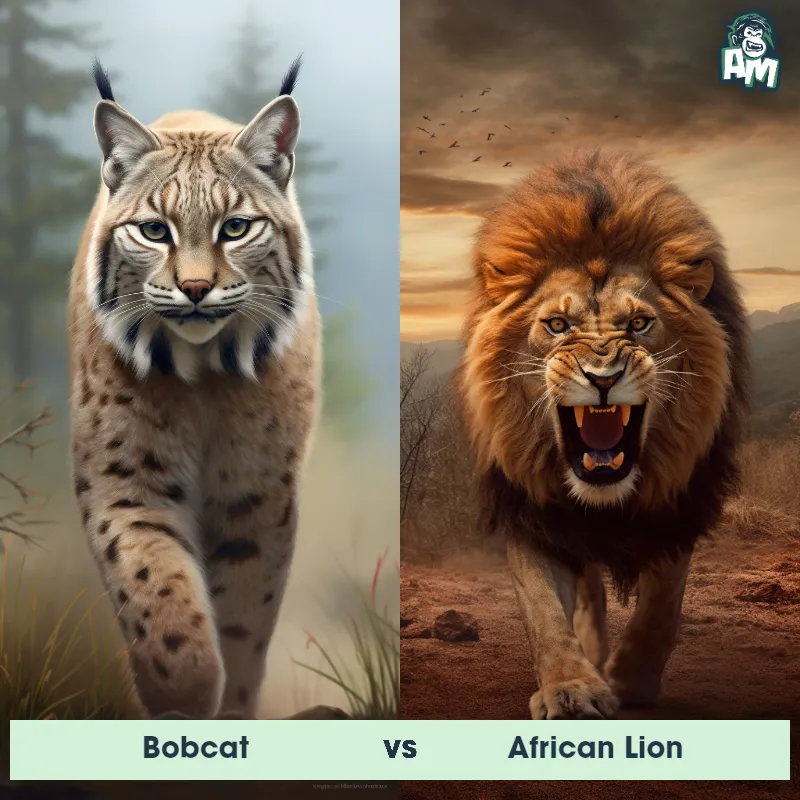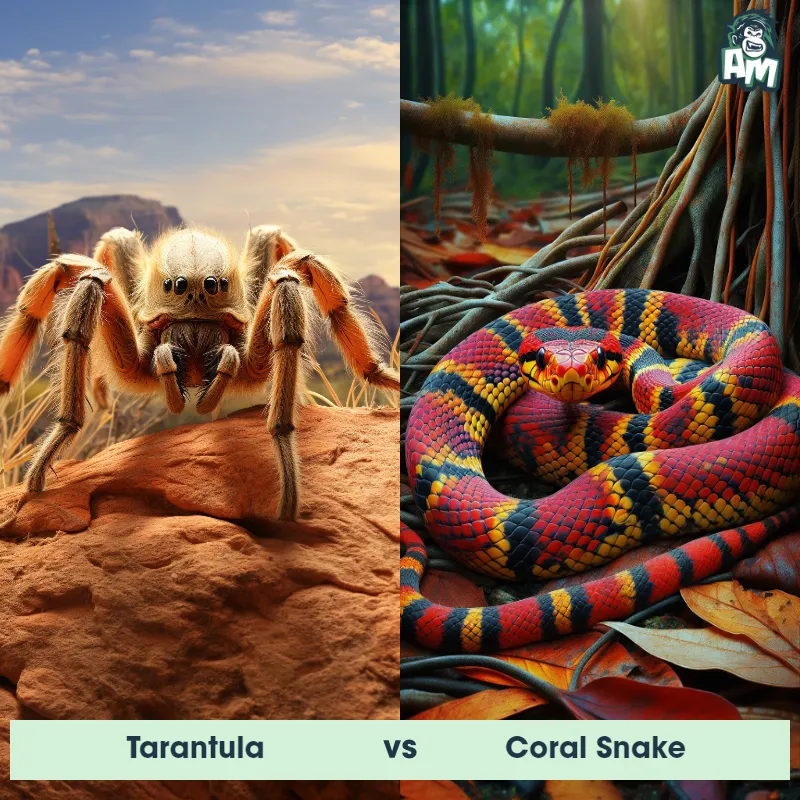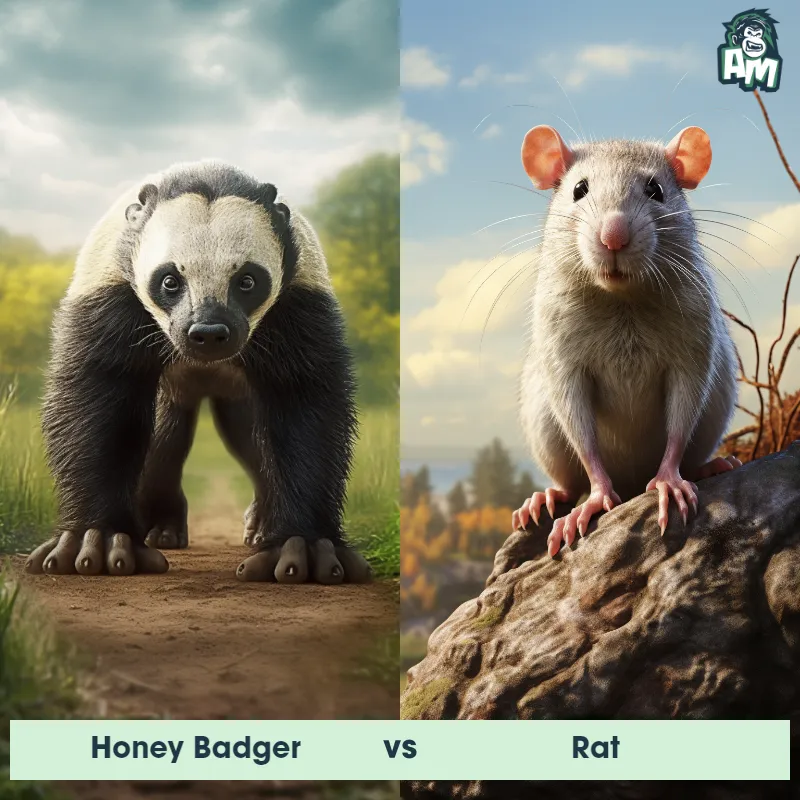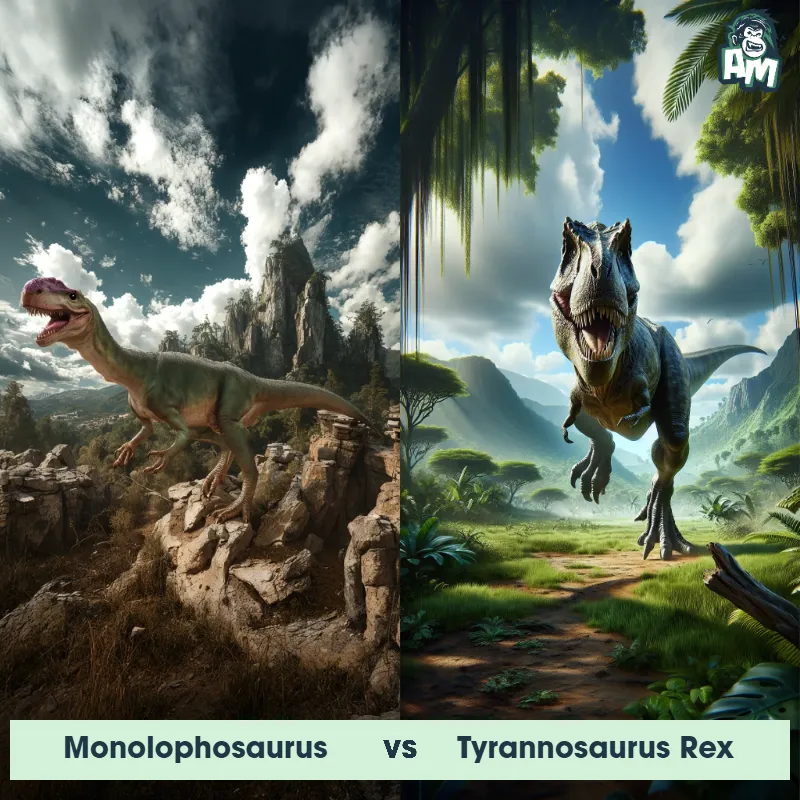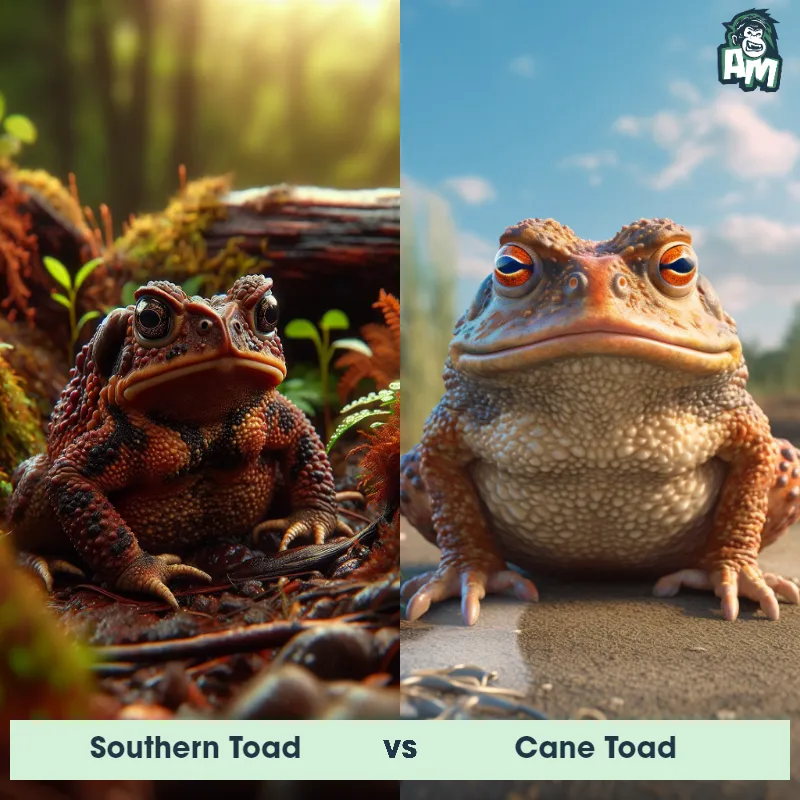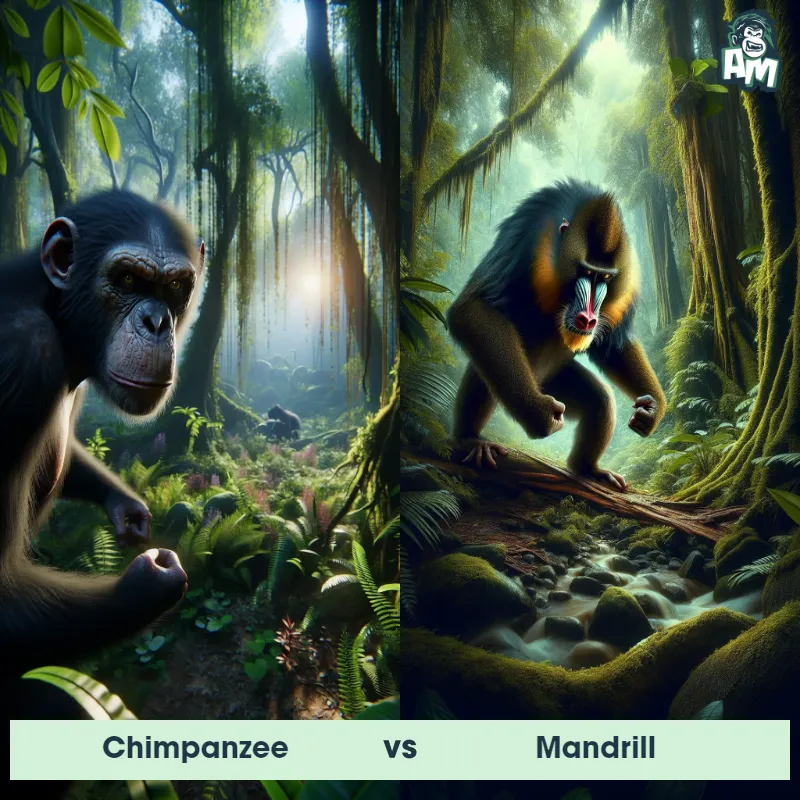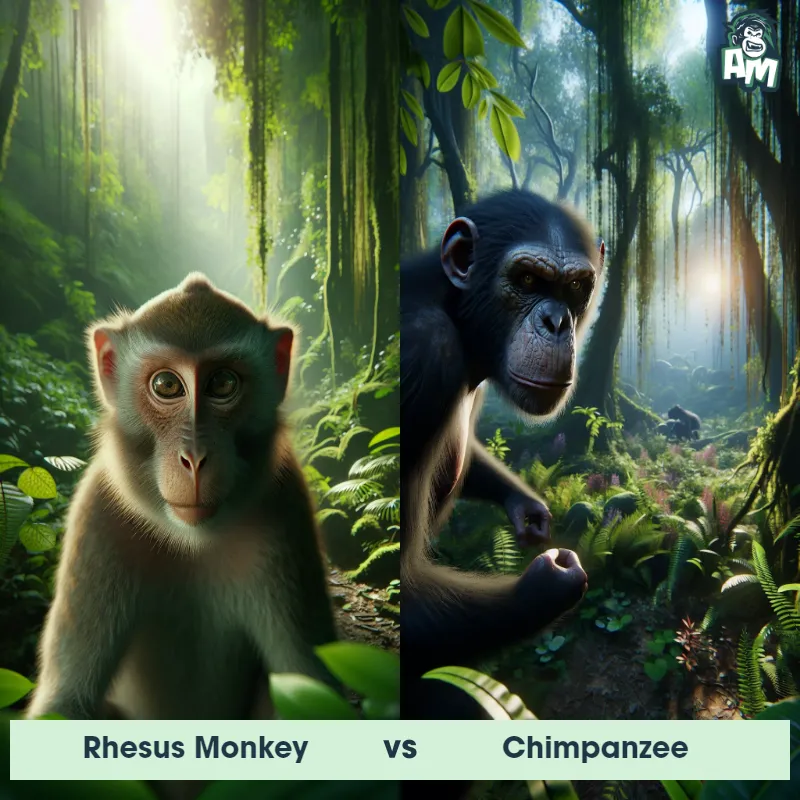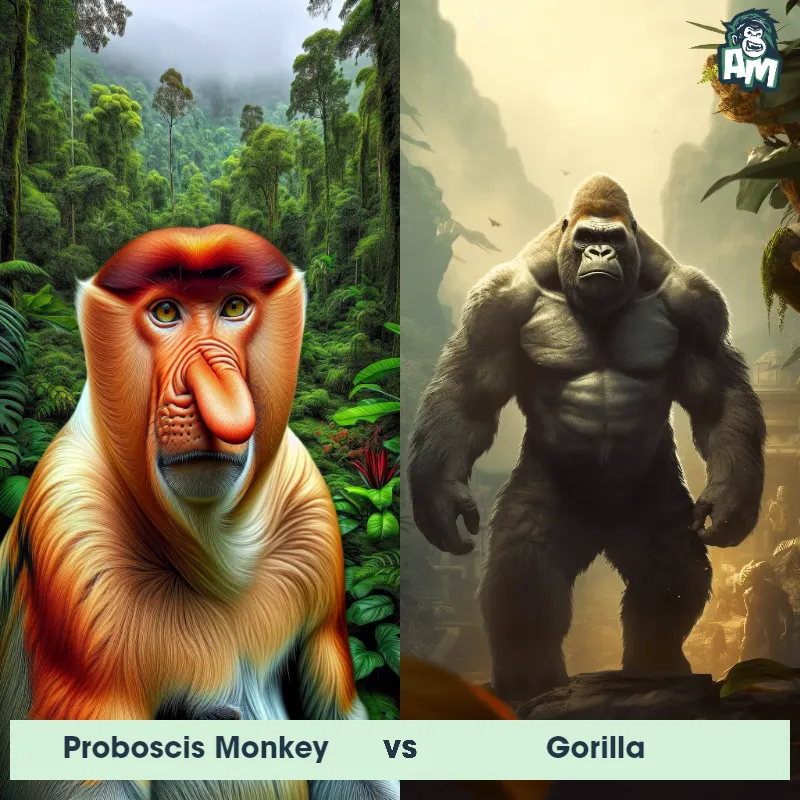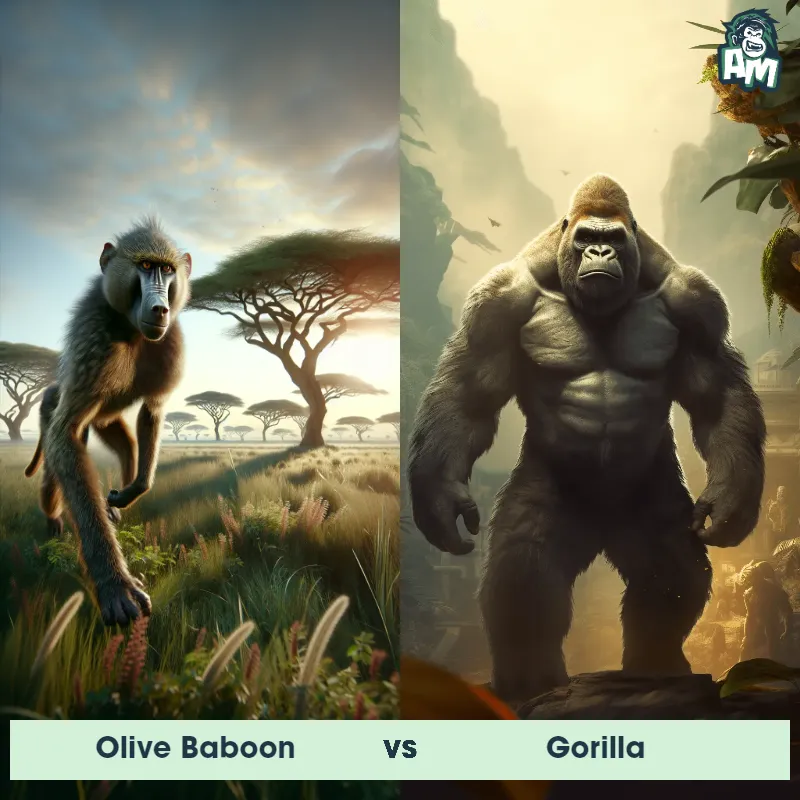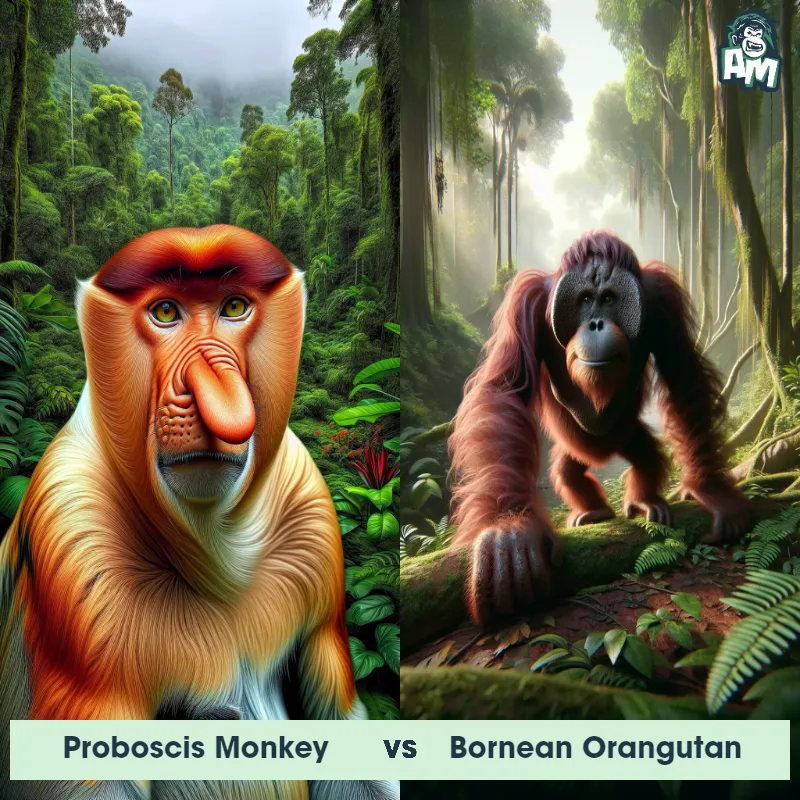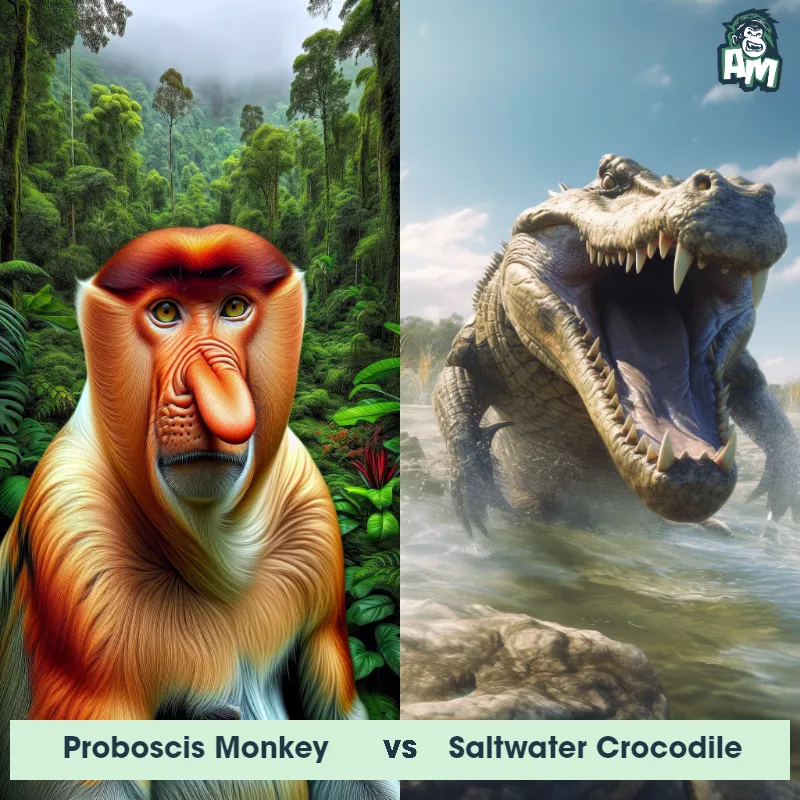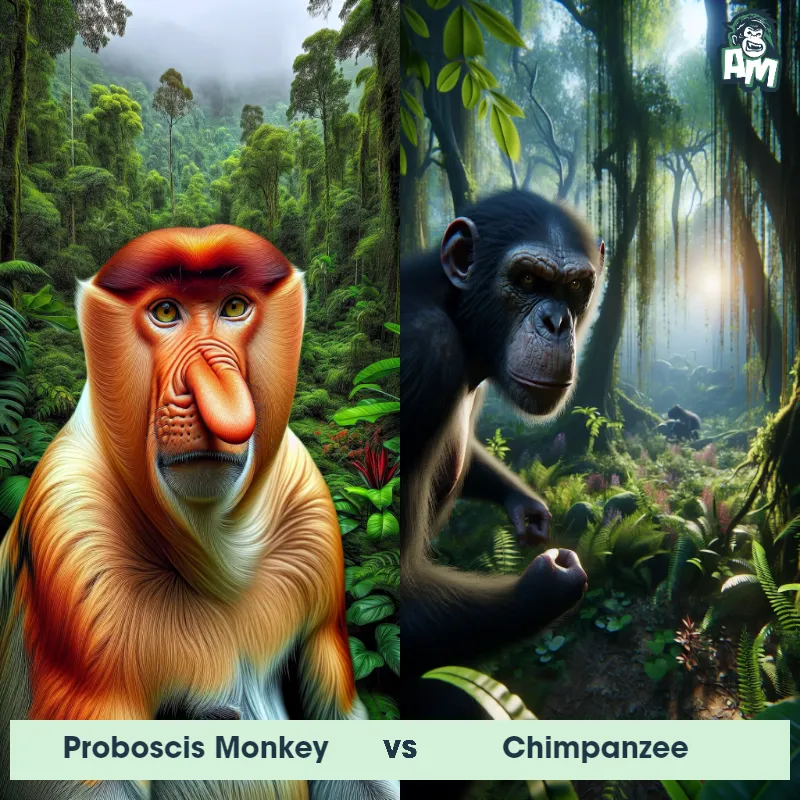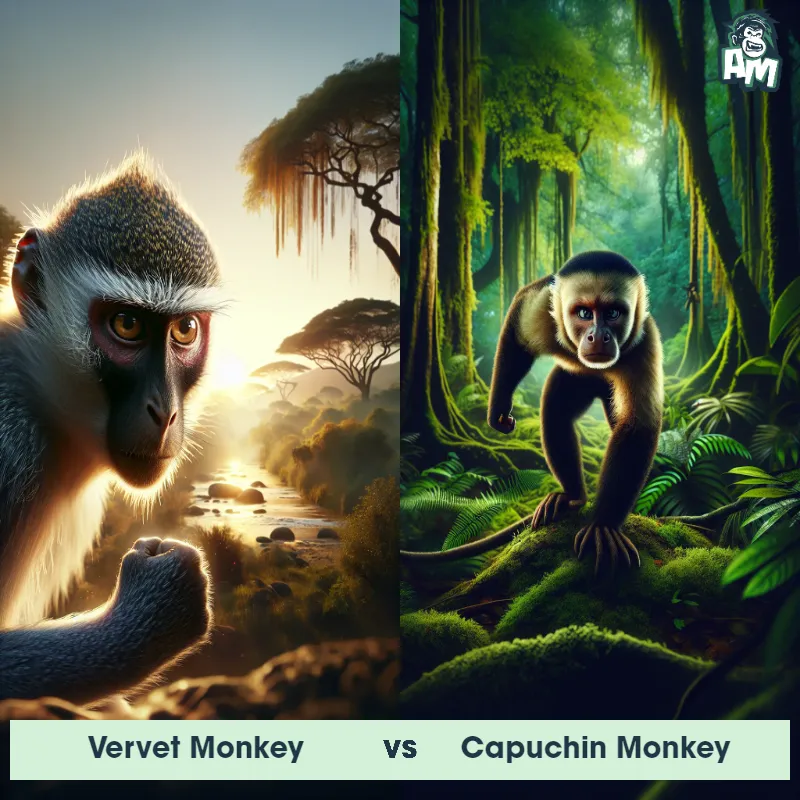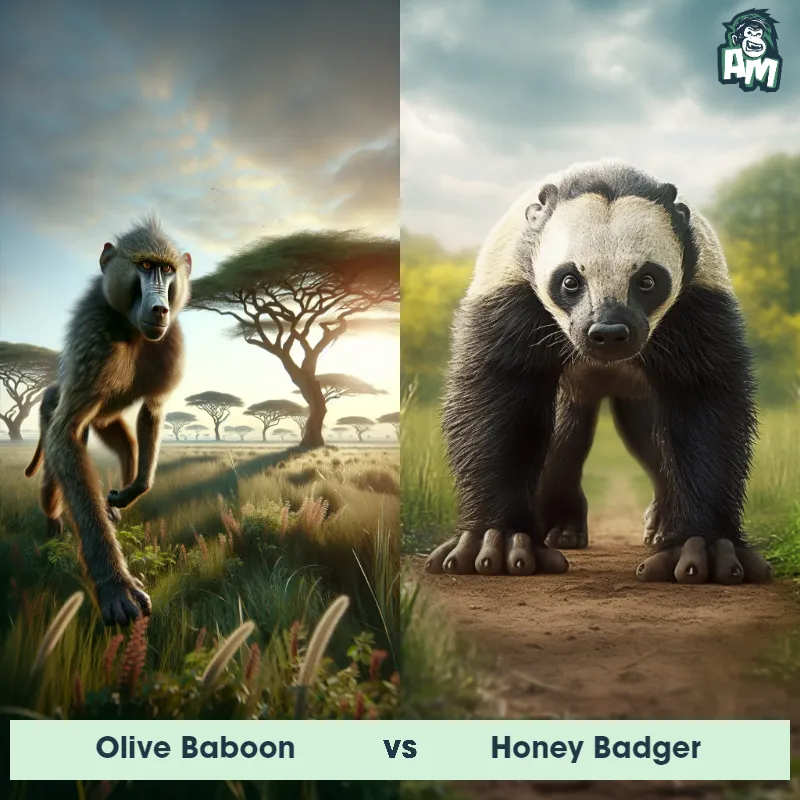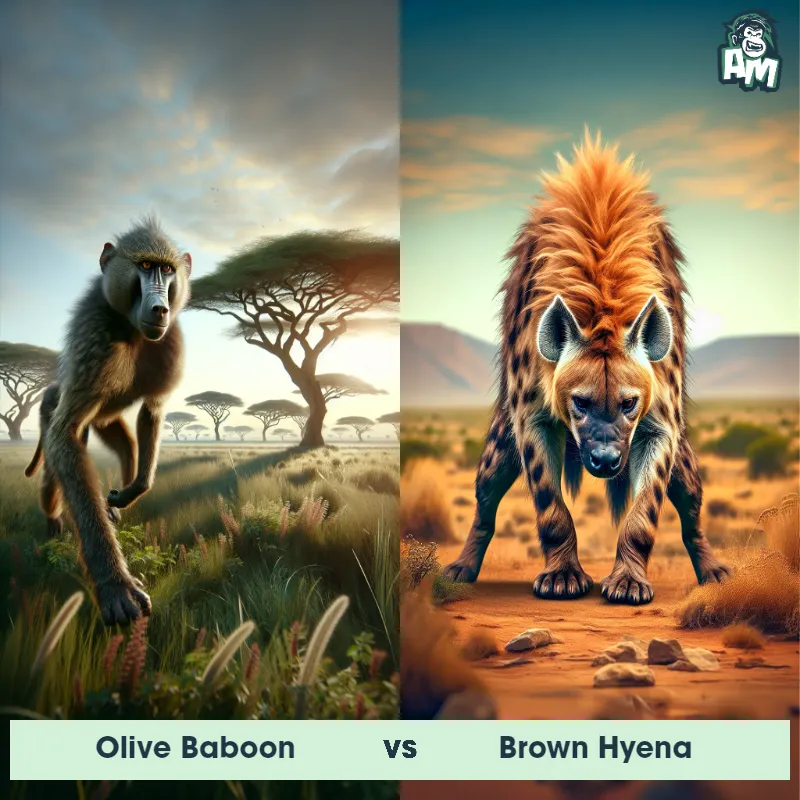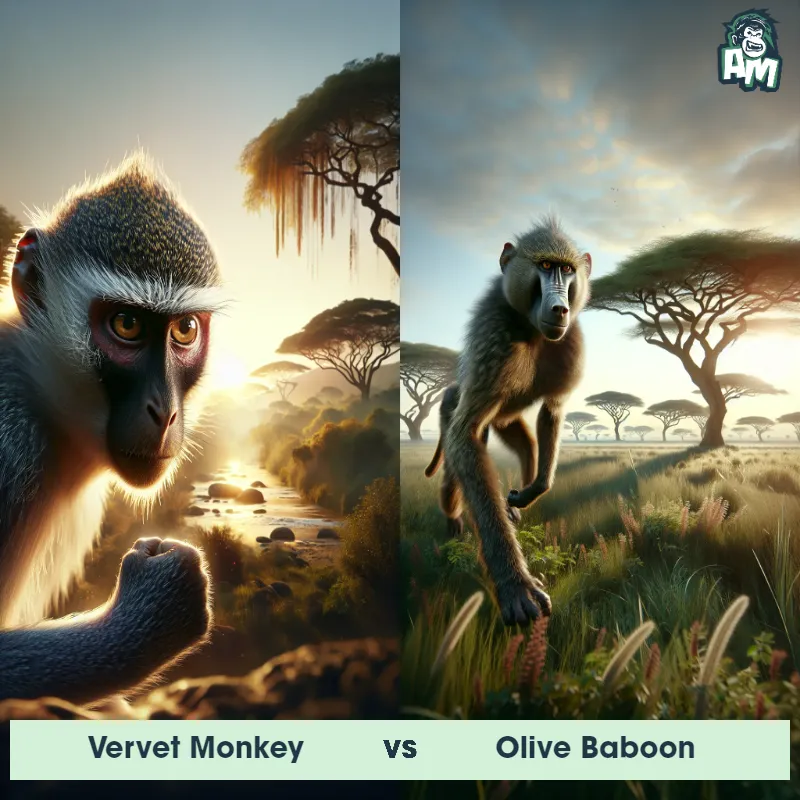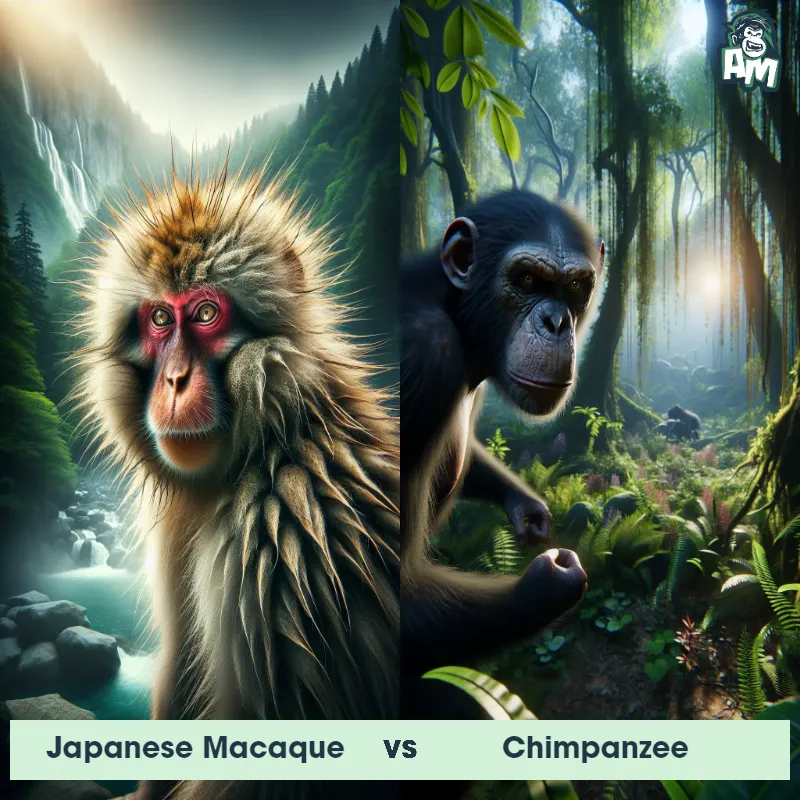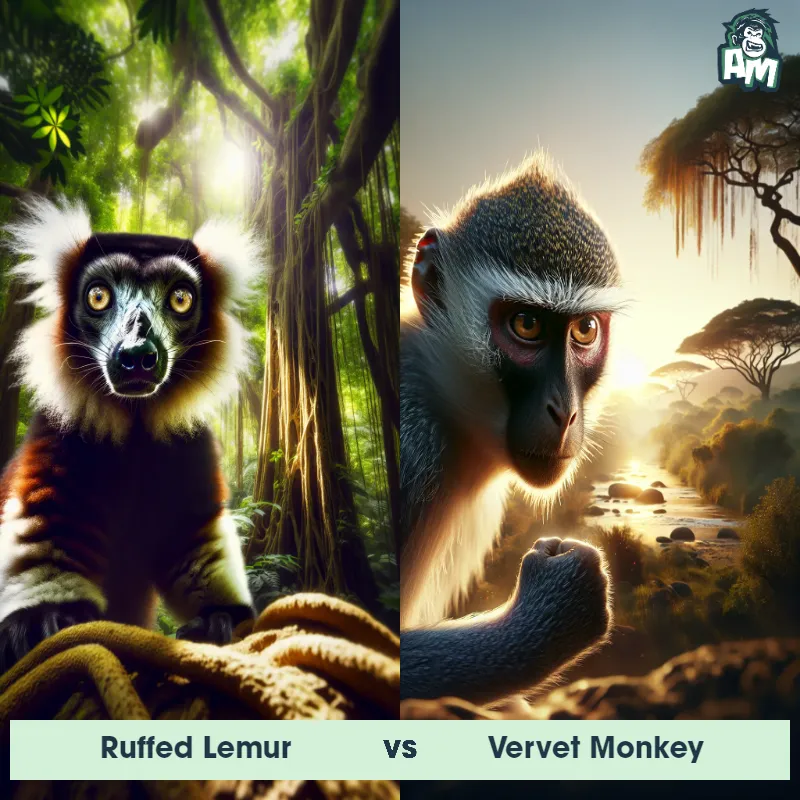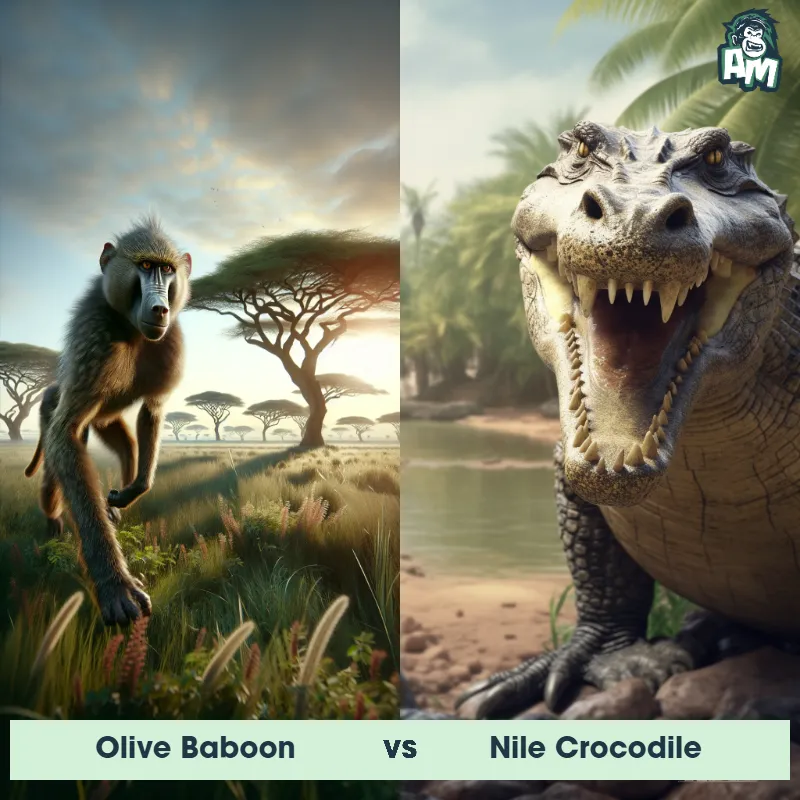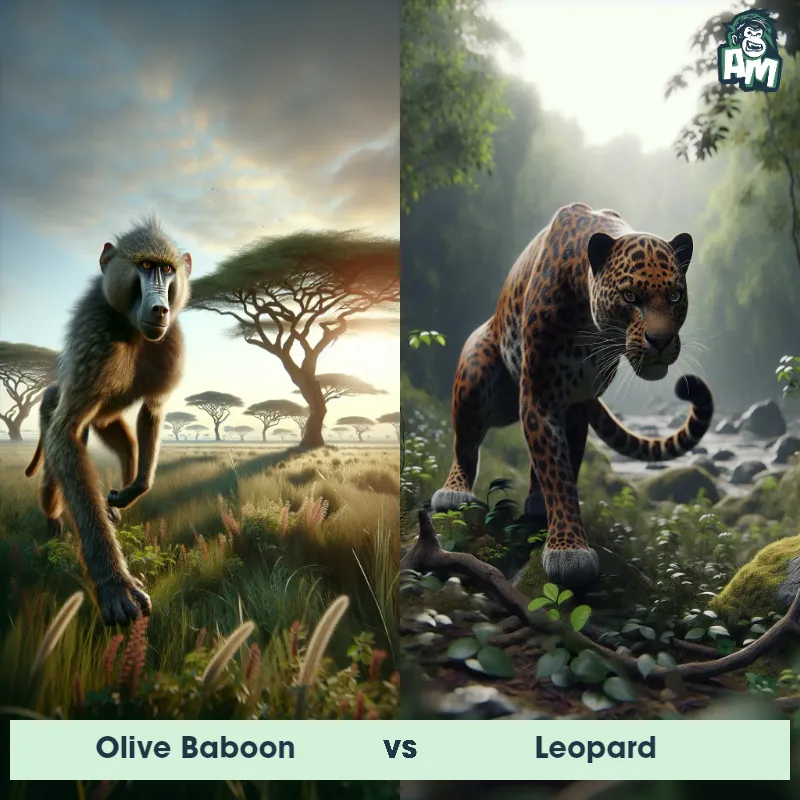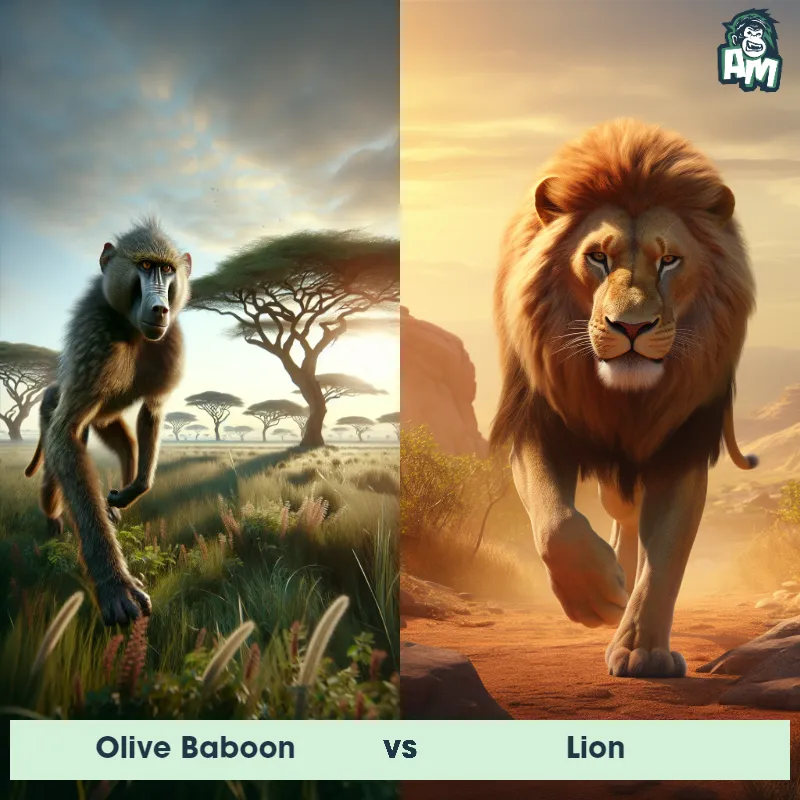Japanese Macaque vs Rhesus MonkeySee Who Wins
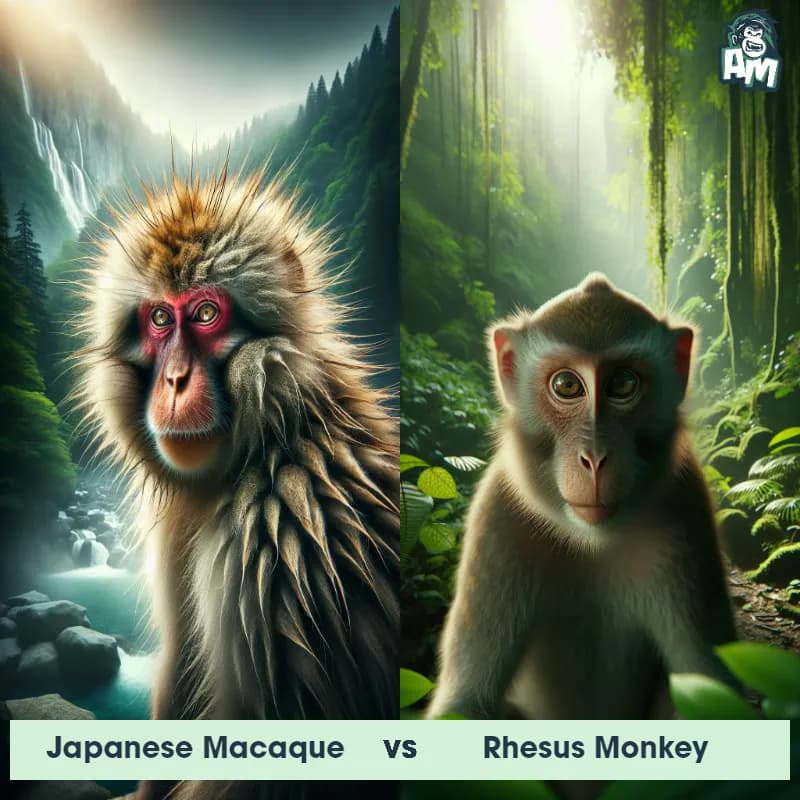
Welcome everyone to this exciting matchup between a Japanese Macaque and a Rhesus Monkey! These two primates are known for their agility and intelligence, so we can expect a fierce competition tonight. Both animals are ready to show off their skills in this three-round fight, so let's get ready to see some action!
Contender 1: Japanese Macaque
The Japanese Macaque, also known as the Snow Monkey, is a medium-sized monkey species native to Japan. They have a stocky build, short tail, and a distinctive red face with a small, pink nose and expressive brown eyes. Their fur varies in color from grey to brown, and they have a thick coat to withstand the cold temperatures of their natural habitat. Known for their intelligence, they are highly social animals that live in large troops and have a complex hierarchy.
Fun Fact: Japanese Macaques are the northernmost-living non-human primates in the world, adapting to extremely cold temperatures and can survive in areas where the ground is covered by snow for several months of the year.
Contender 2: Rhesus Monkey
The Rhesus Monkey, also known as Macaca mulatta, is a medium-sized primate native to South and Central Asia. They have a robust build, with a short tail and hind limbs longer than their forelimbs. Their fur ranges in color from yellowish-brown to grey, and they have a striking red face with whiskers. Rhesus Monkeys are highly adaptable and can be found in various habitats, including forests, grasslands, and urban areas. They are known for their social behavior, living in hierarchical communities with complex social interactions.
Fun Fact: Rhesus Monkeys are excellent swimmers and often take to the water for various purposes, such as foraging for food or escaping predators.
Matchup Stats
| Japanese Macaque | Rhesus Monkey | |
|---|---|---|
| Size | 20-24 inches (50-60 cm) tall | 17-25 inches (43-63.5 cm) |
| Weight | 24-66 pounds (11-30 kg) | 12-17 lbs (5.5-7.7 kg) |
| Speed | 20mph (32km/h) | 33mph (53km/h) |
| Key Strength | Strong jaws and teeth for biting | Strong bite force |
| Biggest Weakness | Lacks physical aggression | Vulnerable to larger predators |
Current Votes
Japanese Macaque vs Rhesus Monkey
See Who Wins
View More Matches
Looking For More?
Similar Matches
Scientific Stats
| Japanese Macaque | Rhesus Monkey | |
|---|---|---|
| Scientific Name | Macaca fuscata | Macaca mulatta |
| Family | Cercopithecidae | Cercopithecidae |
| Habitat | Forests, mountains, and hot springs | Forests, grasslands, urban areas |
| Geography | Japan | South and Central Asia |
| Diet | Omnivorous - fruits, leaves, insects, and small animals | Omnivorous |
| Lifespan | 15 years - 25 years | 20 years - 30 years |
Key Differences between Japanese Macaque and Rhesus Monkey
- Color: Rhesus monkeys typically have a more yellowish-brown coat, while Japanese macaques have a more reddish-brown coat.
- Size: Japanese macaques are generally larger and heavier than rhesus monkeys.
- Tail: Rhesus monkeys have a shorter tail compared to the long tail of the Japanese macaque.
- Facial features: Japanese macaques have red faces and buttocks, whereas rhesus monkeys have pale pink faces and red rumps.
- Range: Japanese macaques are found in Japan, while rhesus monkeys are native to South and Southeast Asia.
- Social behavior: Japanese macaques are known to live in large, organized groups, while rhesus monkeys tend to live in smaller, more loosely organized groups.



